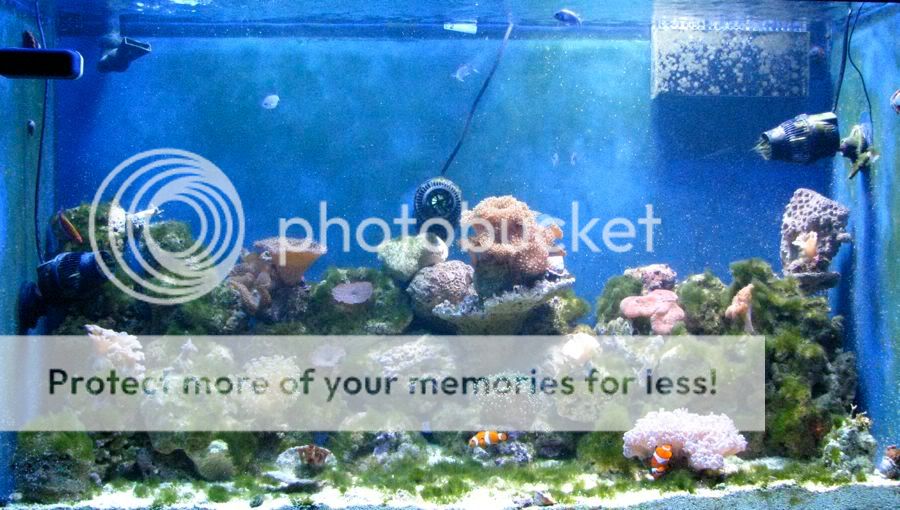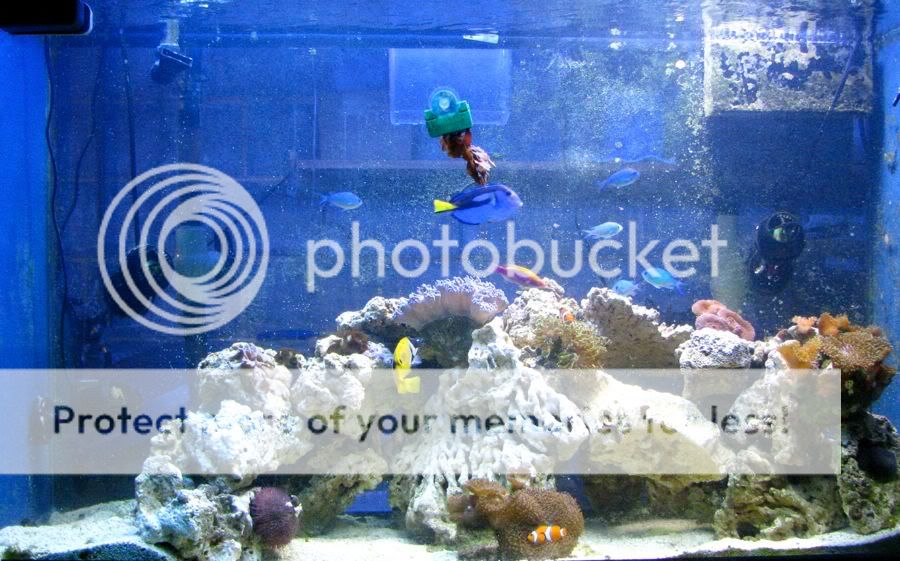parrotchute
DUSTOFF MEDEVAC
I've got a lot of GSP which is really helping outcompete algae, too...
caulepura wont go A sexual if you leave to lights on 24/7I've heard a lot of mud can be a pain and is more work than sand, but I'm not expert on it...
I know culpura (sp?), if it reaches a certain critical mass, goes sexual, and dissolves, getting everywhere, making a mess. Chaeto is really easy to grow and absorbs tons of excess nutrients. Throw in some LR rubble and you've got a 'pod breeding ground too.


JMO
But I think a photometer would be about the reliable way to check for phosphates.
Any kind of algae at all will keep the regular kits from picking up on phosphates.Not to mention,the kits only read the inorganic phosphates.Not the organic kind that comes from fish food and fish :pooh:
this is what you need to get the best test possible but they are spendy thats why i dont have one
Aquarium Photometers & Water Testing: Hanna Phosphate Photometers
What I don't understand is the difference between the low and high range testers. Do you need both ?
IF you'll pat attention to your corals.They'll let you know when somethings not right.,ie,,phosphates.
Thats why I havnt spent the money on a photometer.But I also spend at least 2 hours every evening messing with my tank.
No. If your phosphates are low, you only need the low range. The low range will usually only go up to 1 or so. So, if your phosphates are above 1, you would need the high range test.
How could you determine your phosphate levels (if test kits are proven to be worthless) to determine which photometer to get?
